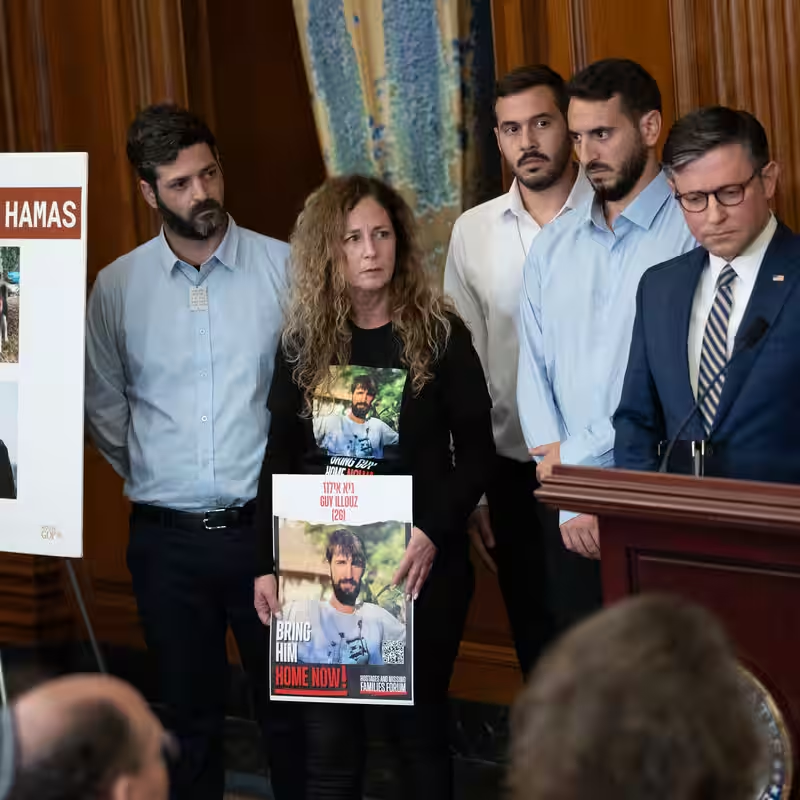In a somber update that has reignited national grief and political tension, Israel has officially identified two of the four bodies recently handed over by Hamas. The return of these remains—confirmed to include Guy Illouz and Bipin Joshi—has offered a sliver of closure to their families, but also intensified demands for the recovery of the remaining 28 deceased hostages still unaccounted for .
Who Were the Identified Hostages?
The Israel Defense Forces (IDF) confirmed on Tuesday that forensic teams had completed the identification process for the four bodies returned by Hamas on Monday . Among them were:
- Guy Illouz – A French-Israeli citizen abducted during the October 7 attacks.
- Bipin Joshi – An Indian national and long-time Israeli resident, known for his quiet dedication to his community.
While the identities of the other two individuals have not yet been publicly released, officials stress that all four were held captive in Gaza for over a year under harrowing conditions.
“Why Only Four?” – Public Outrage Grows
The limited return has sparked widespread anger across Israel. Families of the missing say they were promised full transparency and timely repatriation of all deceased hostages under the ceasefire framework. Yet, with 28 bodies still in Hamas-controlled territory, many feel abandoned .
“We buried our son twice—once in our hearts on October 7, and now again with no answers,” said one bereaved parent at a Tel Aviv vigil.
The Devastation of Gaza: A Forensic Nightmare
Recovering remains has become exponentially harder due to the near-total destruction of Gaza’s infrastructure. With entire neighborhoods reduced to rubble and mass graves unmarked or inaccessible, Israeli and international forensic teams face a grim, almost impossible task .
Challenges in Hostage Recovery
| Challenge | Impact on Recovery |
|---|---|
| Collapsed buildings | Bodies may be buried under tons of debris |
| Lack of medical records | Delays DNA matching and identification |
| Ongoing security risks | Limits access for recovery teams |
| Hamas cooperation | Inconsistent and politically motivated |
What Comes Next?
The Red Cross, which facilitates the handover of remains, has warned that the process will take considerable time due to logistical and humanitarian complexities . Meanwhile, the Israeli government faces mounting pressure to prioritize hostage recovery in any future negotiations—even as military operations continue in parts of Gaza.
For families like the Illouzes and Joshis, the pain is far from over. “We got his body back,” said a relative of Bipin Joshi, “but we still don’t know how he died, where he suffered, or who was with him at the end. That silence is its own kind of torture.”




